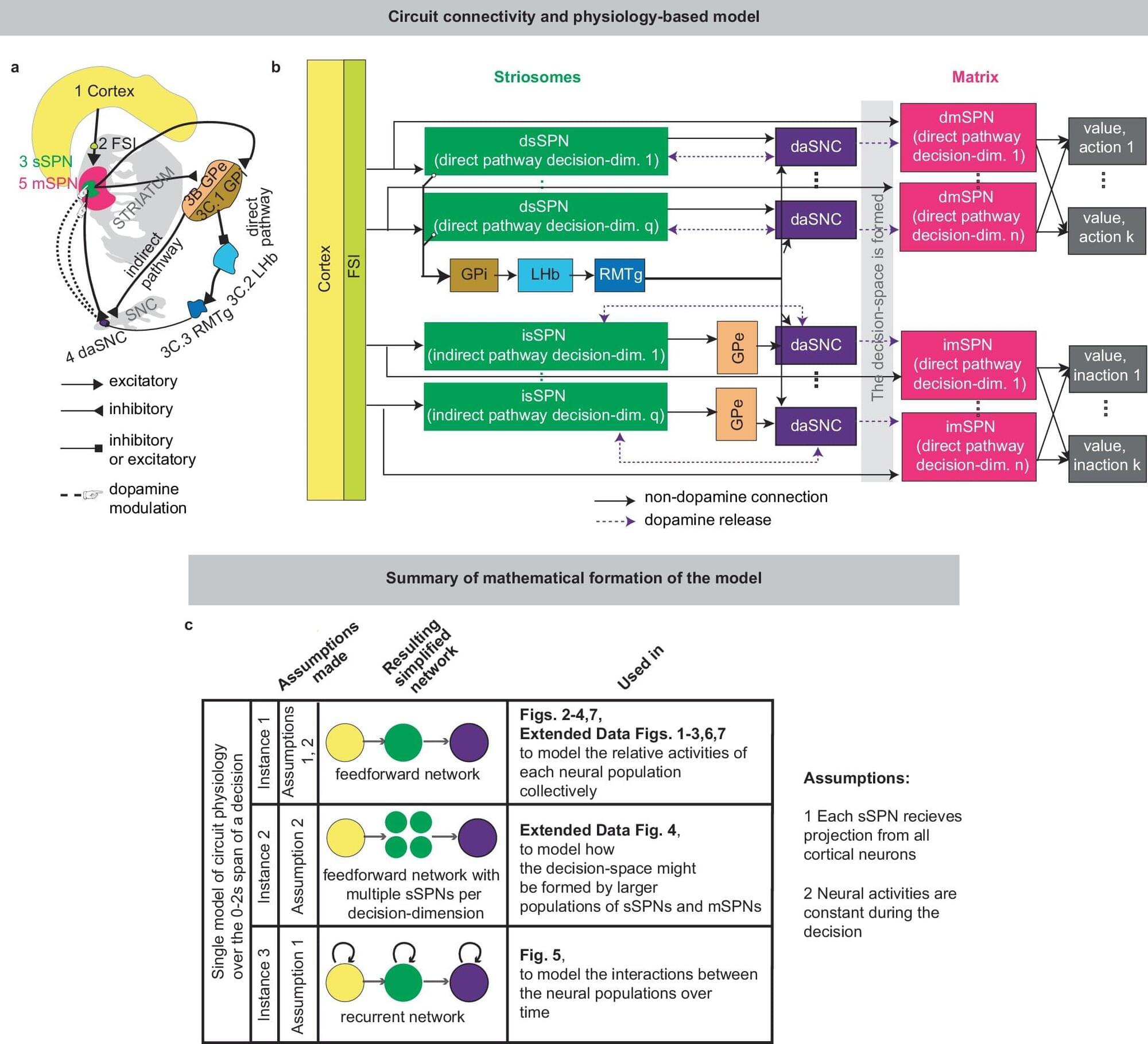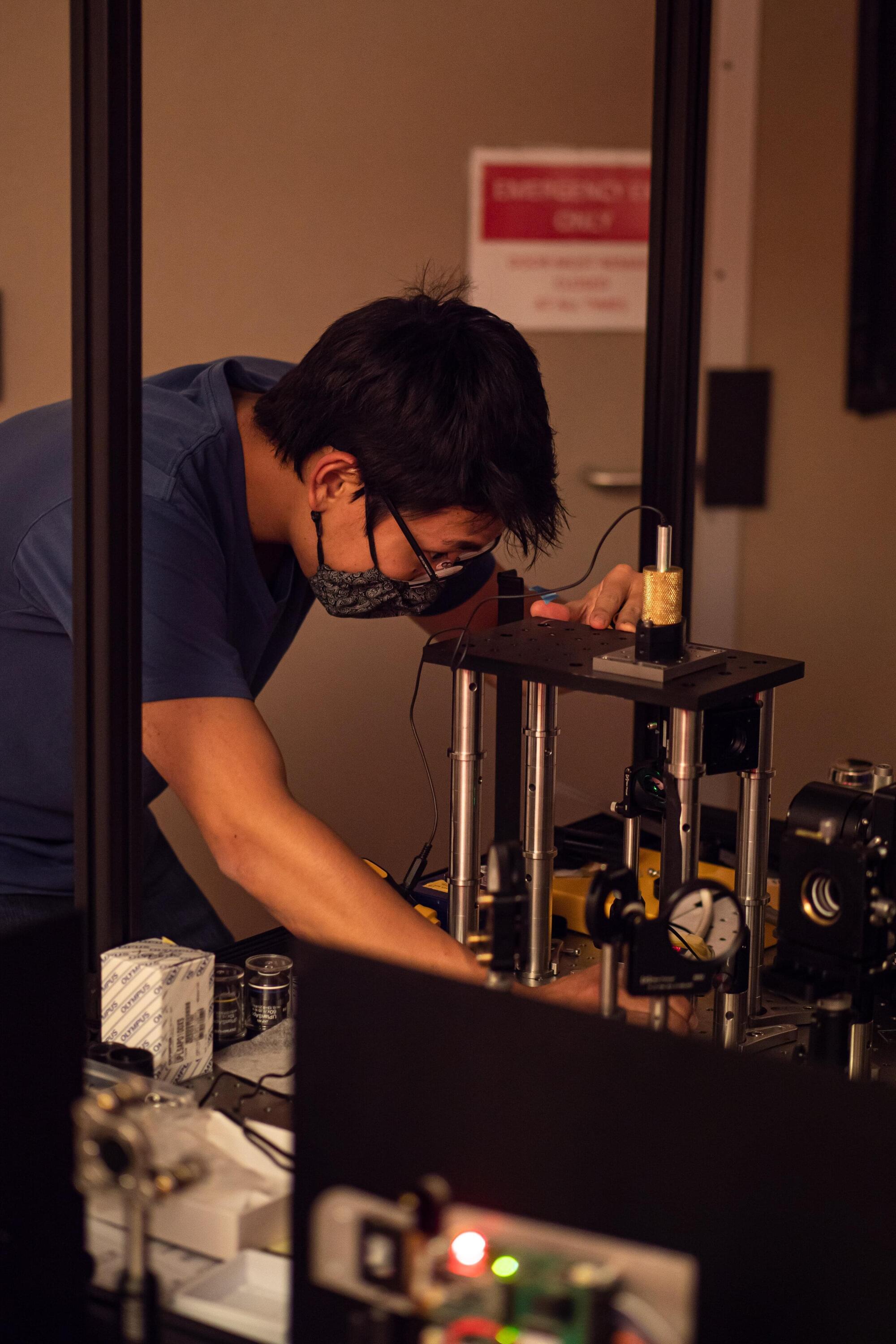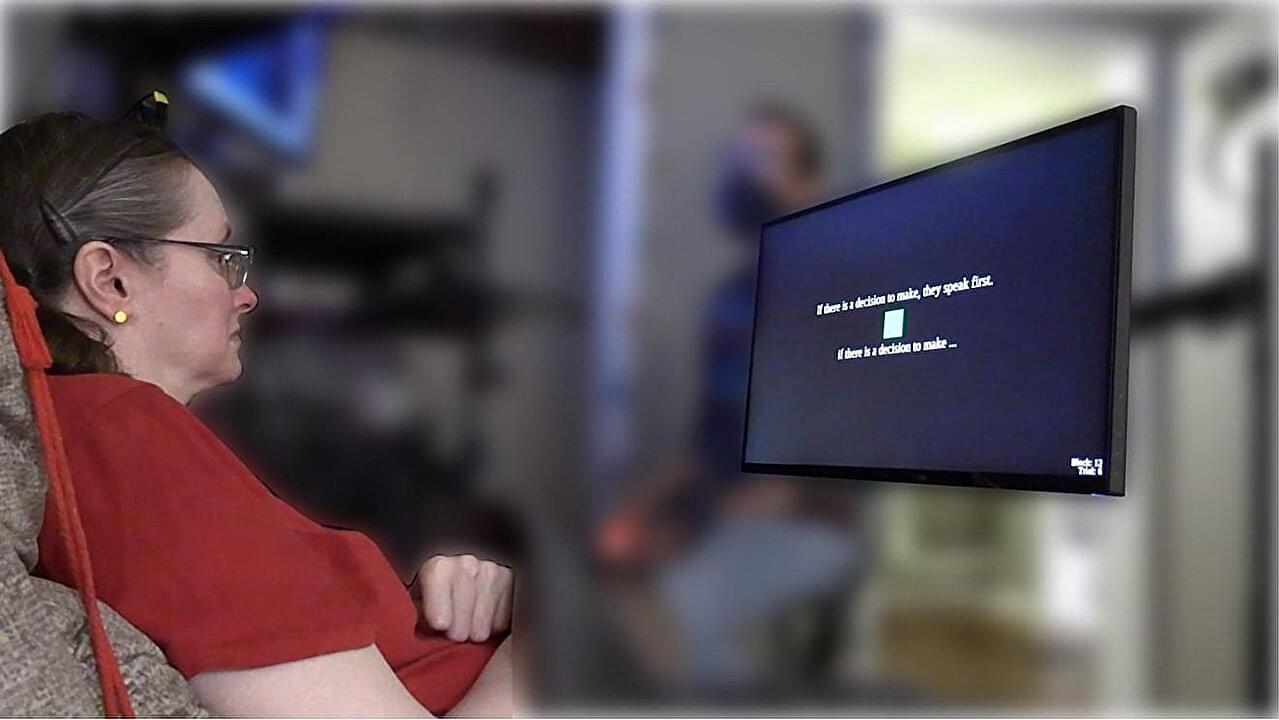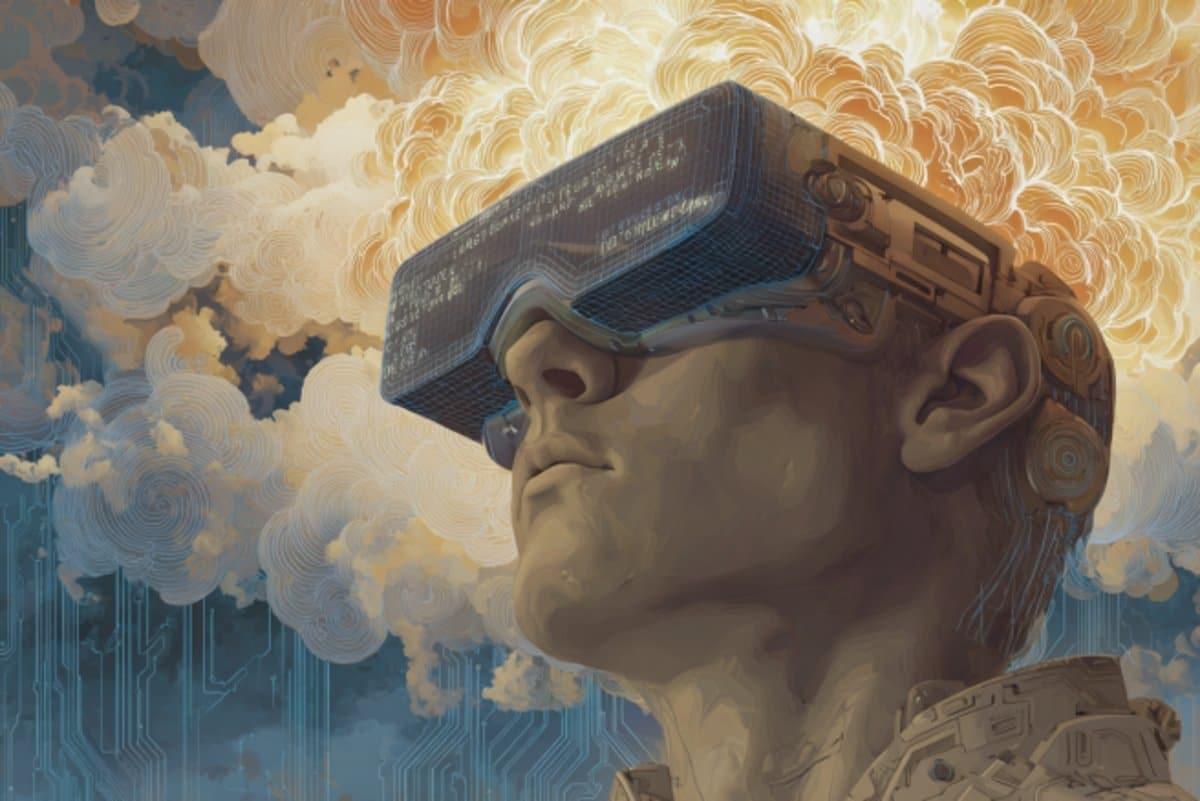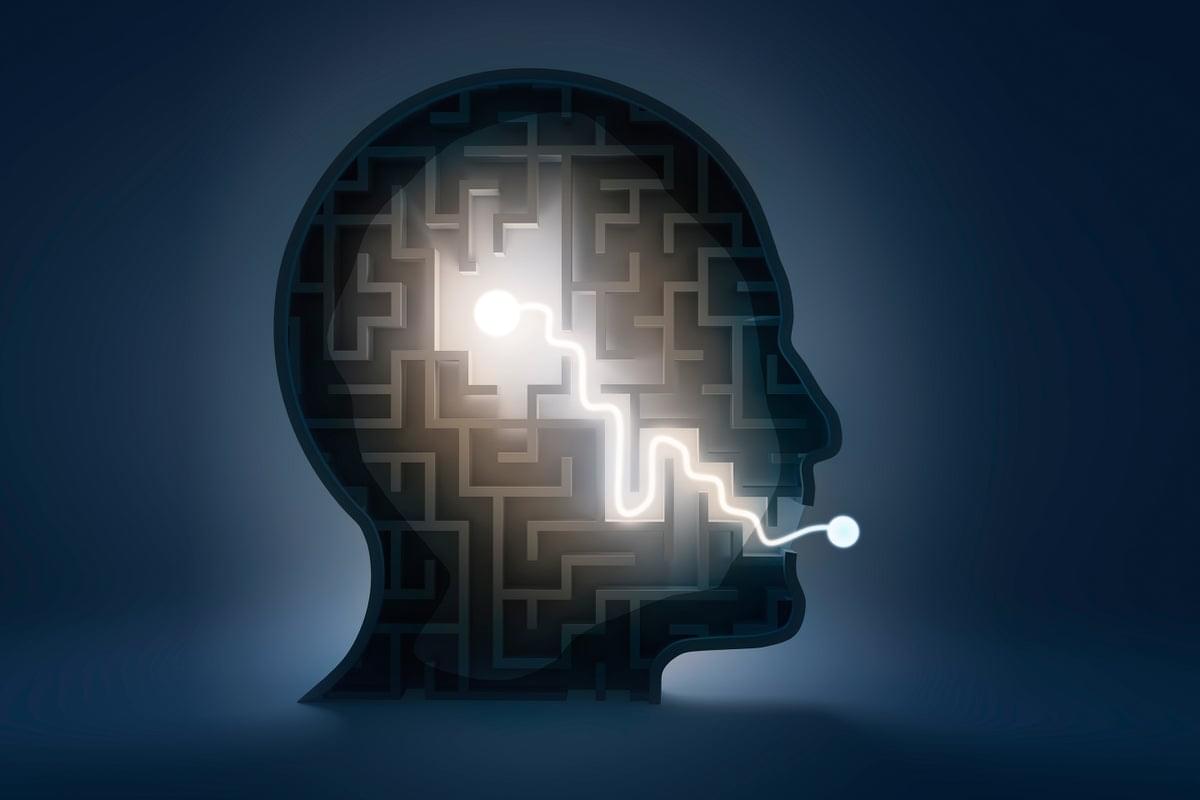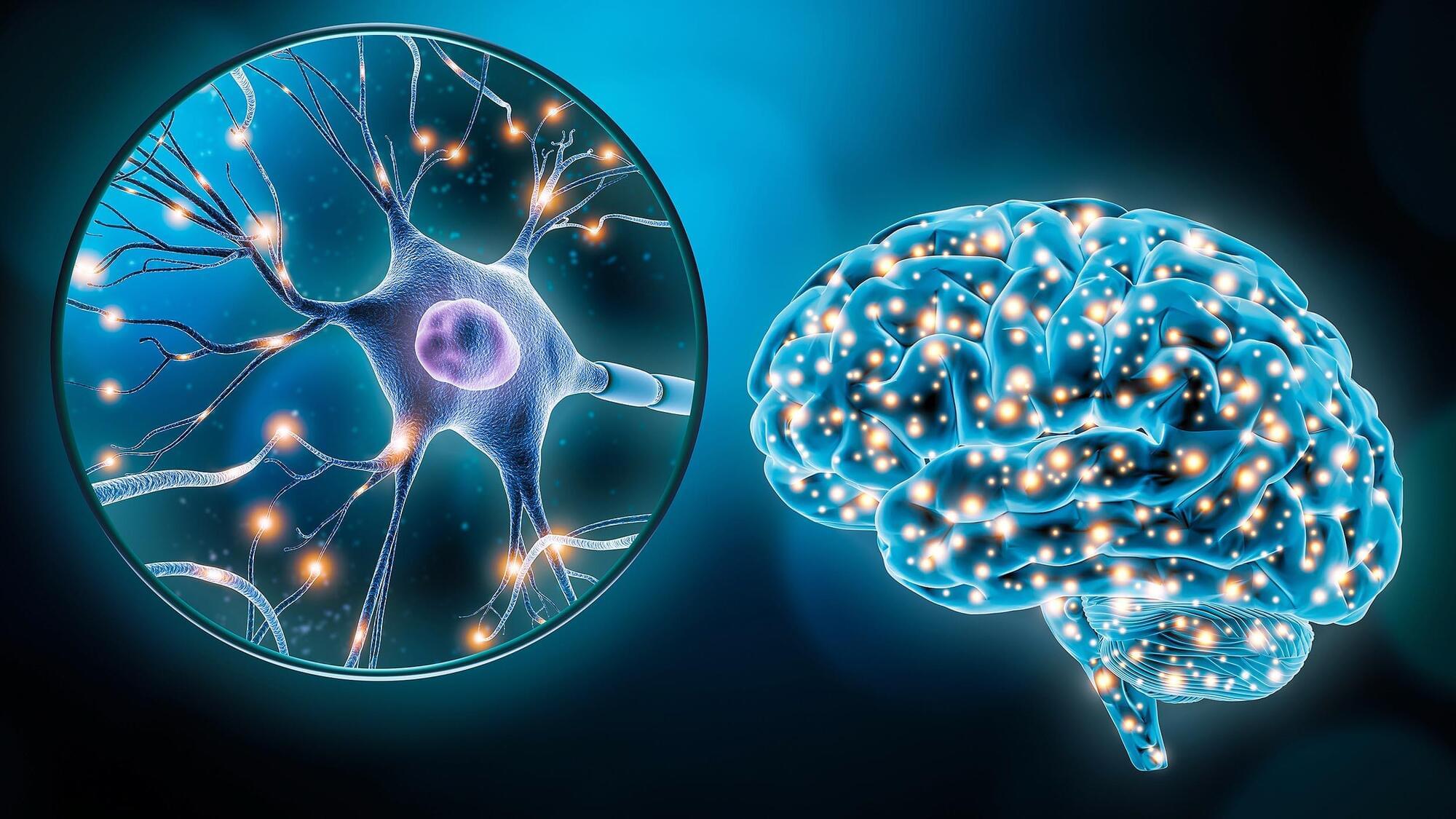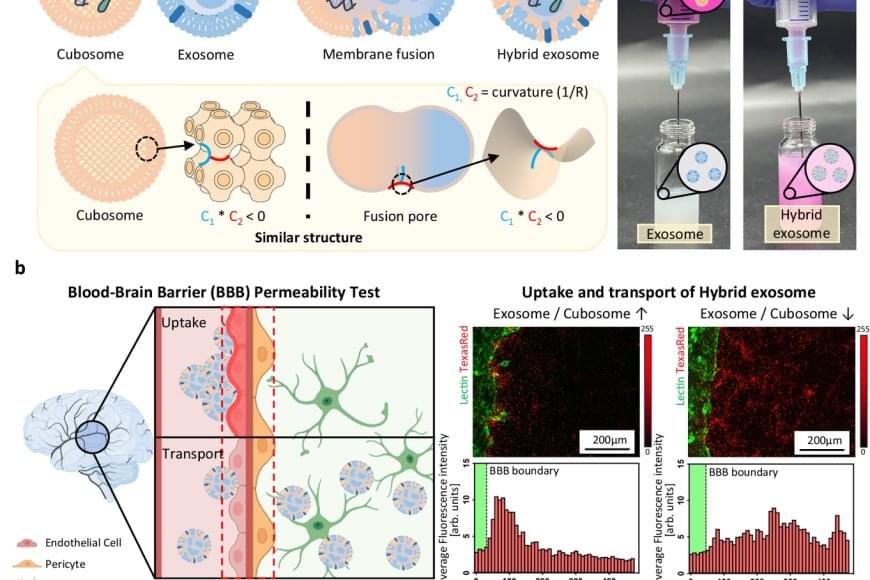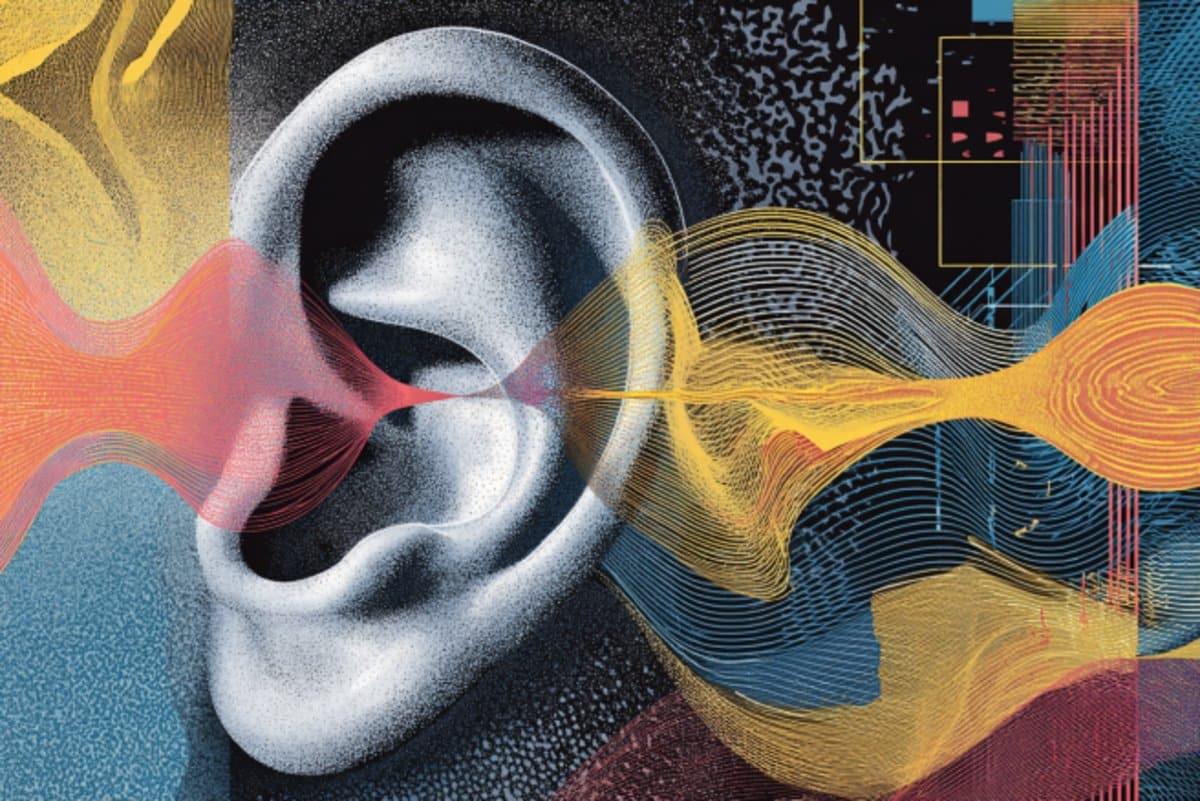Scientists from the Icahn School of Medicine at Mount Sinai, working in collaboration with a team from the University of Texas at El Paso, have developed a novel computational framework for understanding how a region of the brain known as the striatum is involved in the everyday decisions we make and, importantly, how it might factor into impaired decision-making by individuals with psychiatric disorders like post-traumatic stress disorder and substance use disorder.
In a study published in Nature Communications, the team reported that modulating activity within the striosomal compartment—a neurochemically discrete area of the striatum—might be an important therapeutic strategy for promoting healthier decision-making in people with psychiatric disorders.
“Though it has been established that the striatum is clearly important for cost-benefit decision-making, the precise role of the striosomal compartment has remained elusive,” says Ki Goosens, Ph.D., Associate Professor of Pharmacological Sciences and Psychiatry, at the Icahn School of Medicine at Mount Sinai and co-lead author of the study.
